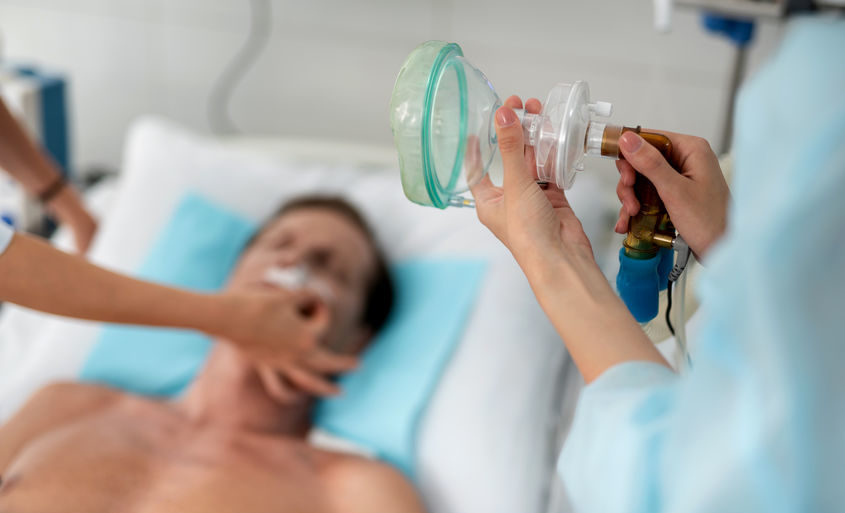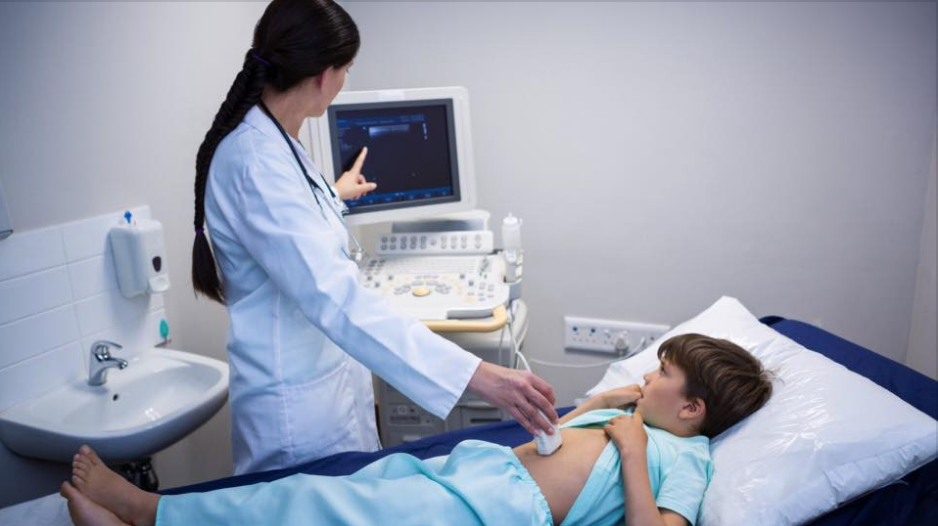When most people think about surgery, minds often turn to the surgeon or perhaps the anesthesiologist, both critical figures in the operating room. However, there’s a vital role that often goes unnoticed but is crucial for the success of any surgical procedure: the surgical technologist. These professionals are the backbone of the surgical team, ensuring that operations run smoothly, efficiently, and safely. The Surgical Technologist degree program at Mandl School offers you an opportunity to start you career in this exciting field!
If you’ve ever considered a career in healthcare but aren’t sure where to start or what path to take, a career as a surgical technologist could be the ideal option. This blog will explore what a surgical technologist does, the skills needed to succeed, the steps to becoming one, and why this career can be incredibly rewarding. We’ve ben educating the finest Surgical Technologist in NYC and beyond.
What is a Surgical Technologist?
A surgical technologist, also known as a surgical technician or operating room technician, plays a key role before, during, and after surgery. They are responsible for preparing the operating room, ensuring all necessary instruments and equipment are sterilized and available, and assisting the surgical team during procedures. Our labs offer students a real life experience and prepare you for success.
Their duties include:
Preparing the Operating Room: Surgical technologists set up surgical instruments, sterile drapes, and solutions. They ensure all equipment is functioning properly and ready for use.
Assisting During Surgery: During surgery, they pass instruments to surgeons, maintain the sterile field, and anticipate the needs of the surgical team.
Post-Operative Responsibilities: After the procedure, they assist with cleaning the operating room and ensuring that all instruments are accounted for and sterilized for future use.
Why Choose a Career as a Surgical Technologist?
1. In-Demand Career with Job Stability
The healthcare sector is consistently one of the fastest-growing fields, and surgical technologists are in high demand. As the population ages and surgical procedures become more advanced and common, there’s a steady need for skilled professionals in the operating room. According to the U.S. Bureau of Labor Statistics, employment for surgical technologists is projected to grow faster than the average for all occupations.
2. Hands-On Experience in the Operating Room
If you’re someone who thrives in a fast-paced, high-stakes environment, becoming a surgical technologist can be highly fulfilling. You’ll be in the heart of the action, playing a direct role in helping save lives and improve patient outcomes.
3. Shorter Education Pathway
Unlike many other healthcare careers, becoming a surgical technologist doesn’t require a decade of education. Most surgical technology programs can be completed in two years with Mandl School, The College of Allied Health Surgical Technologist Associate Degree Program offering a quicker pathway to entering the workforce.
4. Opportunities for Advancement
A career as a surgical technologist offers plenty of room for advancement. With experience and further education, you can move into roles such as surgical assistant, or even specialize in areas like cardiovascular surgery or neurosurgery. Some technologists transition into management roles or become educators for future surgical technologists.
Key Skills Needed for Success
A career as a surgical technologist requires a unique blend of technical knowledge, attention to detail, and soft skills. Some of the most important qualities include:
Attention to Detail: Precision is critical in the operating room, and even small mistakes can have serious consequences.
Calm Under Pressure: The surgical environment can be intense. Surgical technologists need to remain calm, focused, and quick-thinking, especially in emergencies.
Teamwork: Surgical technologists work closely with surgeons, nurses, and other healthcare professionals, so the ability to communicate effectively and work as part of a team is essential.
Manual Dexterity: Surgical technologists must have good hand-eye coordination to handle instruments quickly and efficiently during procedures.
Physical Stamina: Long hours on your feet and the need to move quickly during procedures mean physical stamina is important for this role.
Conclusion: A Fulfilling Career Path
A career as a surgical technologist is a perfect fit for those who want to work in healthcare but are looking for an accessible, fast-paced, and hands-on profession. Surgical technologists make a significant difference in patients’ lives every day, helping to ensure that surgeries are safe, effective, and efficient.
If you’re interested in working in the medical field but want a faster route to entering the workforce, this career offers an exciting opportunity to be part of life-saving procedures without the long years of medical school. Plus, with job stability, opportunities for advancement, and the chance to make a direct impact, being a surgical technologist is as rewarding as it is essential. Contact our admissions department for more information. We can also have you speak with our career services to learn how Mandl School can help you after graduation. Apply today here to learn more!
 Mandl School
Mandl School


 A respiratory therapist helps patients who are having trouble breathing. Respiratory therapists work under the direction of doctors and treat a range of patients, from premature infants whose lungs are not fully developed to elderly people with lung disease. They give patients oxygen, manage ventilators, and administer drugs to the lungs.
A respiratory therapist helps patients who are having trouble breathing. Respiratory therapists work under the direction of doctors and treat a range of patients, from premature infants whose lungs are not fully developed to elderly people with lung disease. They give patients oxygen, manage ventilators, and administer drugs to the lungs.